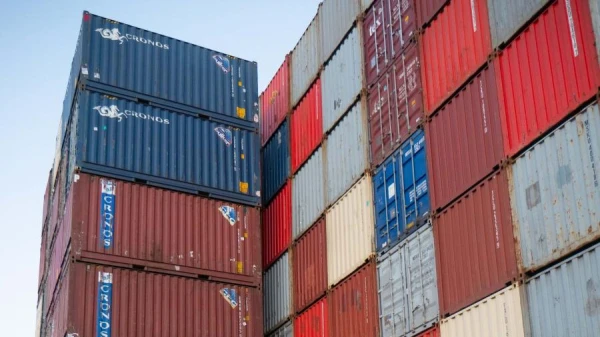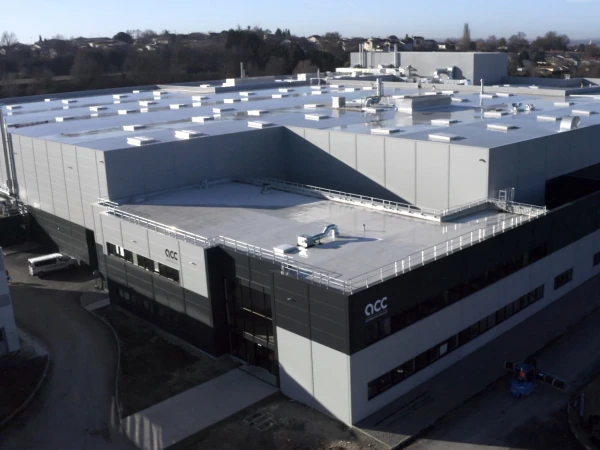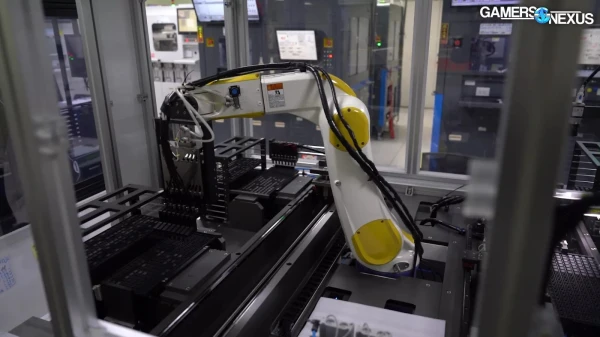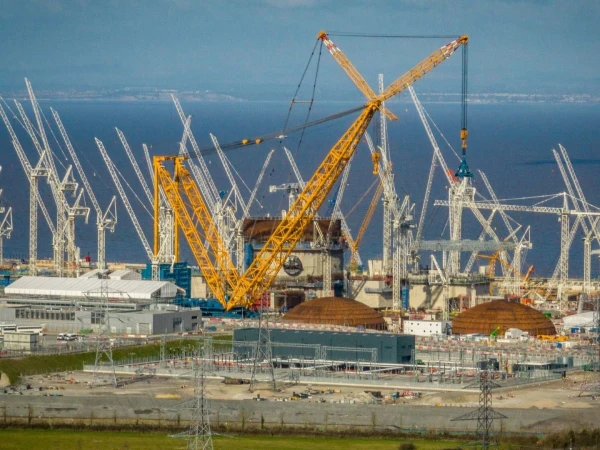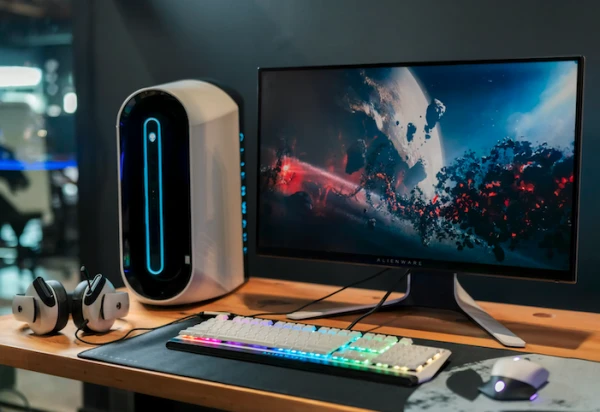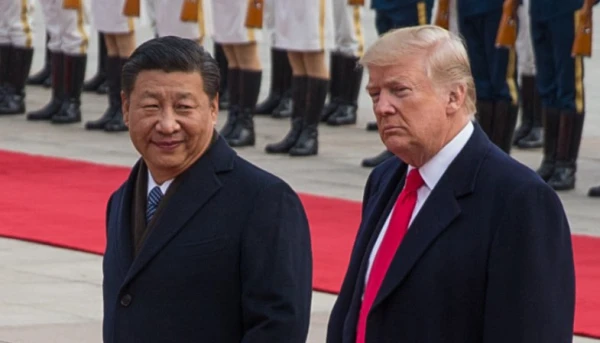
The White House owner is leveraging instability in Beijing.
The American leader is prepared to discuss issues related to artificial intelligence and Nvidia microchips during his meeting with Xi Jinping, which is expected on Thursday.
The American president suggested that as part of a trade deal, China could gain access to the new Nvidia Blackwell processor, which may raise concerns in the U.S. Congress.
"We will be talking about Blackwell, it’s a 'super' chip that is years ahead of other countries," Trump noted, adding that Nvidia CEO Jensen Huang recently showed him the new model in the Oval Office.
Nvidia shares on the alternative Asian platform Blue Ocean rose by 8.5% following Trump's statements.
As Reuters notes, Nvidia has not yet applied for licenses to supply Blackwell chips to China. Previously, Washington allowed the export of a less powerful version - H20, which complies with U.S. export restrictions, but shipments have not yet begun.
Last weekend, representatives from the U.S. and China reached preliminary agreements on trade issues in Malaysia, which Trump and Xi are expected to formalize during their meeting. The parties are also expected to discuss the cancellation of several export restrictions, tariffs, and fees.
Among possible steps is a major purchase of American soybeans by China, the cancellation of which was previously announced by Beijing. The parties will also discuss reducing transportation fees and Washington's agreement to sell the American division of TikTok to a consortium formed by the Trump administration.
As is known, the economic confrontation between China and the U.S. has escalated recently. For example, on October 11, Trump announced the imposition of 100% tariffs on Chinese goods, which were set to take effect on November 1.
The U.S. presidential administration justified this move as a response to Beijing's "extremely aggressive stance," which announced export controls on virtually all goods.
A few days after the announcement of the 100% tariffs on Chinese goods by Washington, China continued its "economic war" with the U.S.
For instance, China decided to terminate contracts for the purchase of American soybeans - previously, Beijing imported more than half of the soy produced in the U.S.
As a result, American soybean producers incurred significant losses and appealed to the U.S. government for assistance in restoring shipments to China.
Trump threatened Beijing in response to the refusal of American soybeans with a partial cessation of business related to cooking oil and other trade elements.
Ultimately, the leaders of the U.S. and China concluded that it was necessary to hold a meeting aimed at reducing tensions in relations between the countries. Security expert on the Asia-Pacific region, associate researcher at the Center for Austronesian Studies at the University of Lancashire, Dean Karaleakas, notes that Trump has skillfully used the situation in China for his own diplomatic advantages.
According to him, there is currently instability in Beijing: rumors are circulating about Xi Jinping having suffered a stroke, and the new export control regime on rare earth elements is creating serious economic problems.
Moreover, the results of the fourth plenum of the Central Committee of the Communist Party of China indicate internal cracks in the country's governance system.
The expert particularly points to the purge in the party: of the 205 full members of the Central Committee appointed in 2022, only 168 remained by the plenum last week, marking one of the largest "purges" of high-ranking party members in 76 years of China's history.
Additionally, there have also been personnel changes in the military leadership: on October 17, the Chinese Ministry of Defense announced the exclusion of nine high-ranking generals, including the vice chairman of the Central Military Commission, He Weidong.
Karaleakas notes that for China, the trade war with the U.S. is becoming too costly. The decline in domestic market demand, the collapse of the real estate market, and the overproduction of consumer goods are forcing the country to seek markets, with the U.S. currently being the largest and critically important partner.
"Trump approaches negotiations from a position of strength, and China is likely aware of this," the expert believes.
These factors, according to analysts, have become key reasons why Xi Jinping agreed to meet with Trump, despite previous plan disruptions.

